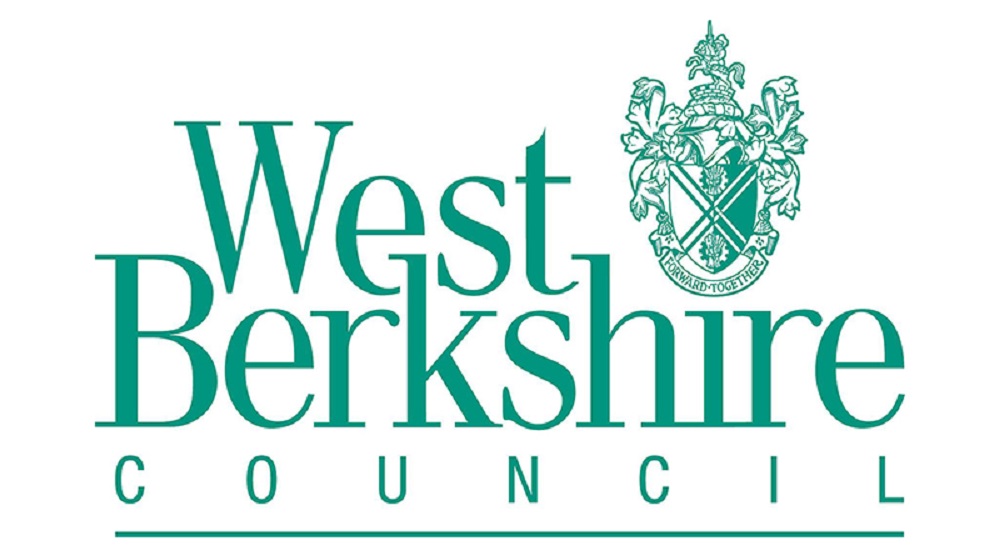West Berkshire Council’s finances hindered by agency costs
The cost of agency staff is hindering the West Berkshire Council budgets.
The council has slammed the hiring brakes on all but critical roles, and is only approving spends for statutory services.
Inflation costs have also hit the district hard, and it is predicting a £6.3m overspend for the first quarter, having already trimmed that down from £8.7m.
The new Lib Dem administration said Brexit had had an impact on staffing levels, and that staff retention was still an issue.
And it said it had been left with nothing much in the bank from the previous Tory administration who had committed millions of pounds of council reserves to last year’s budget.
There are now £7.2m of reserves left in the pot, but gloomy financial predictions point to much of that being used up to prevent the council going into the red, prompting the quick footed review of spending.
Although the council has pledged that frontline services remain available to the public and future spending will be prioritised towards “supporting our most vulnerable residents”.
One of the biggest chunks of overspend is in children’s social care – with a 43 per cent hike in the past two years, and a £3.7m overspend.
This, says the council, is down to an increase in demand for children in the care system in the district.
Adult social care has also seen a six per cent up tick in around £60m of costs, with a third of all council spending going on the sector, again blamed on rising demand.
The authority is now trying to find ways to get those working on agency contracts to flip over to working full time for the council.
It says it costs them twice as much money to have someone hired through an agency than it does for those people to be on staff at the council.
West Berkshire Council says it is facing significant pressures on recruiting and retaining staff in certain services, especially in adult and children’s social care.
The additional agency costs required to cover vacant posts are described as “substantial” and an estimate of £3.5m has been identified as a worst case additional cost in the first half of 2022-23.
Interest costs have more than doubled during 2022-23; when the budget was set, and Public Works Loans Board – where the council borrows money to invest in West Berkshire infrastructure – rates were approximately two per cent, but are now in excess of four per cent.
This means that for the same revenue costs, the council will be able to afford half of the total council funded capital projects, although it says it remains committed to its manfesto pledges – some of which may now have to wait.
Councillor Lee Dillon (Thatcham North East), leader of West Berkshire Council, added: “Although we are having to make some difficult decisions, we will still be there for people when they need us. The work we are doing will for the most part be focused behind the scenes and we will limit the impact on residents for as long as we can.
“We will support our most vulnerable residents, continue delivering our frontline services and soon launch a new Council Strategy to set out our priorities and improvement plans for the years ahead.”
The macro economy has seen some major changes during 2022-23 that will impact the future financial position of the council, not least the increase to interest rates at which the council can borrow to finance capital expenditure.
The local government finance settlement (LGFS) was only for a one year period, 2023-24.
The council says the absence of a longer term financial envelope for local government does mean that there remains significant uncertainty over the financial position from 2024-25.
Historically the Public Works and Loan Board (PWLB) rates have been low, with average borrowing for a 25 year annuity to fund capital expenditure at between one and two per cent.
The rate is currently 4.8 per cent.
The council has borrowed around £180m and the Lib Dem administration has hinted it may sell off some of its commercial property portfolio to put some cash back in the bank and reduce borrowing.
Editorial note: The words “crippled” and “crippling” in headline and text if this story was changed to “hindered” and “hindering” on 23/8/2023.




